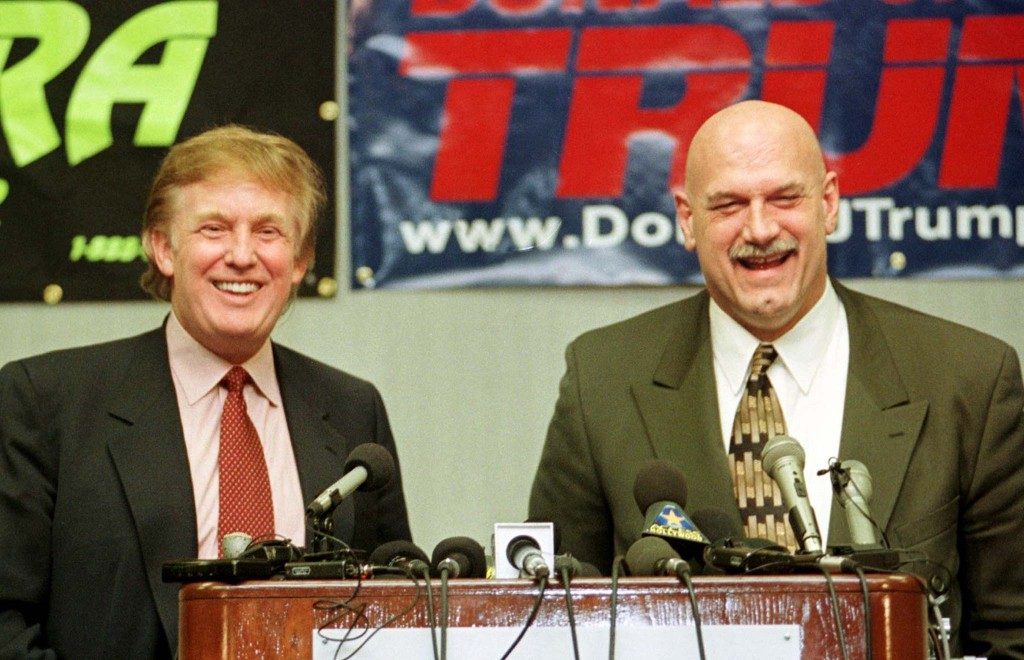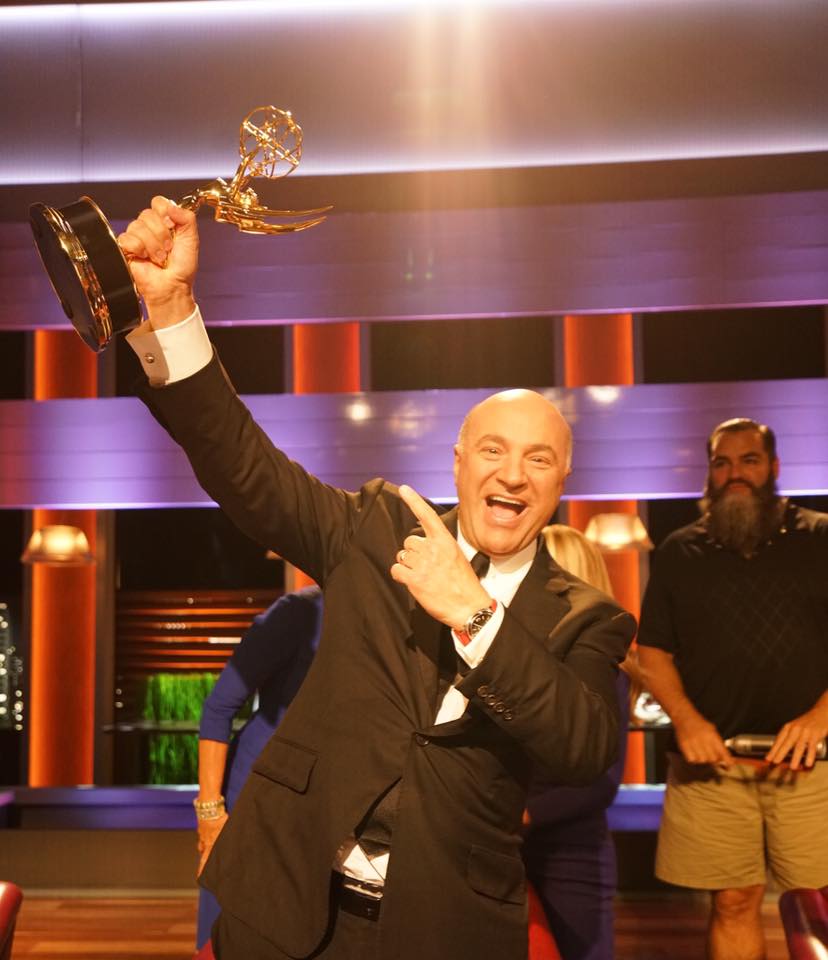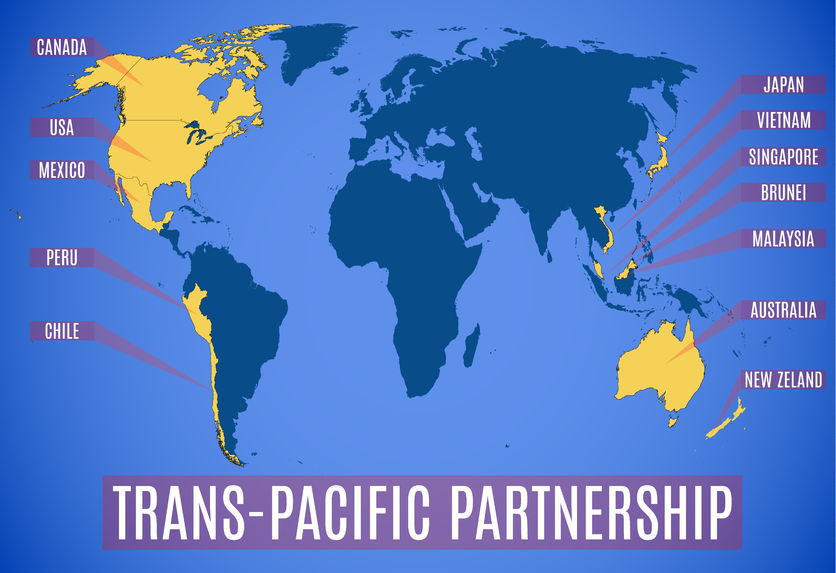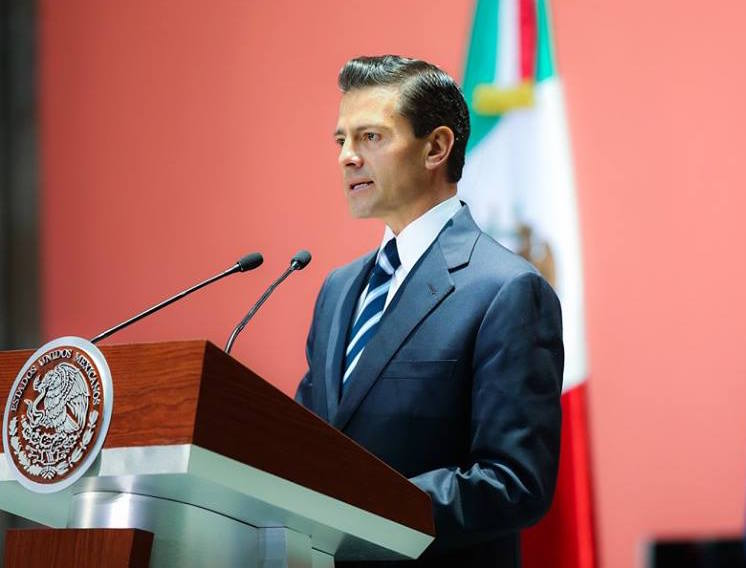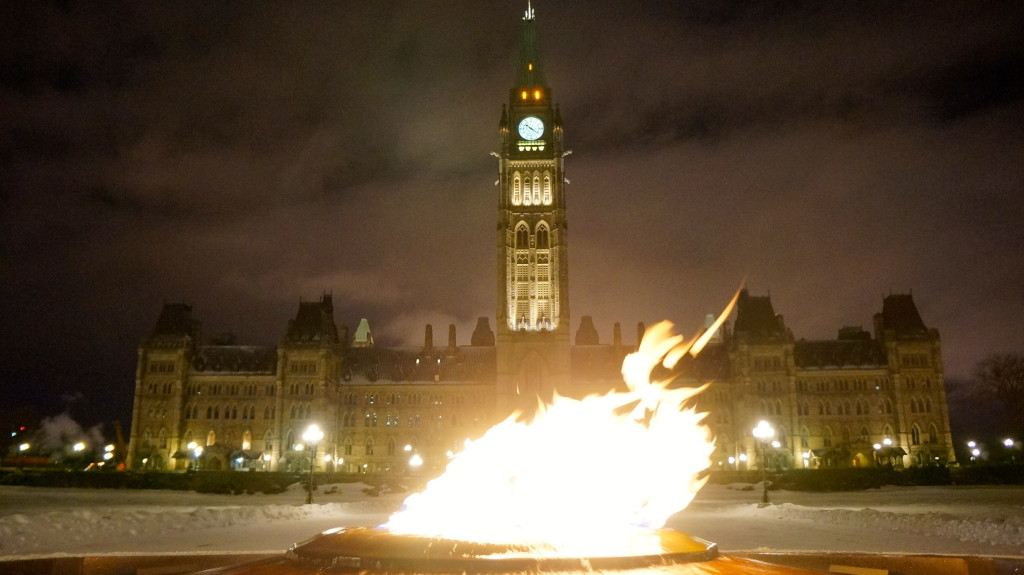
I spent an impromptu weekend in Ottawa and Montréal, which marked my first visit to Canada’s capital city — and its fourth-most populous (after Toronto, Montréal and Calgary).

Though Ottawa is a bilingual city that sits on the Ontario-Québec borders, there’s no doubting that this was a city founded by English Canadians (and, in fact, New Englanders founded the first colonial-era settlement) — which may explain why it’s impossible to find a decent meal other than poutine on a Sunday night after 10 p.m.). But the trip gave me good reason to read the new book from National Post columnist Diane Francis, Merger of the Century: Why Canada and America Should Become One Country.
OK, so let that sink in for a moment. Merging the United States and Canada into one mega-country. Impossible, right? A national political space with room for both Jacques Parizeau and Haley Barbour? Come on.
But it’s not an unhinged read — it’s a page-turner, and Francis has a command of the data that motivates her argument. It also meets the ‘learn something on every page’ test. Did you know that Canada’s First Nations residents also have US citizenship? Or that the US defense department, if it were a nation, would have an economy the size of Turkey’s?
The political hurdles are immense
Let’s start with the obvious — in a world where the US Congress can’t even agree for three weeks on whether to fund the government, the appetite for a merger with Canada is probably less than zero, and Francis certainly knows this. The politics of a US-Canada merger are impossibly difficult, and the weakest part of the book is that Francis glides over the political hurdles — the Québec question and the issue of Southern intransigence in the United States are dealt with in just over three pages. I like to think that’s because Francis knows the political obstacles are insurmountable and prefers to spend more time making her very able case for the economic synergies that a merger would bring.
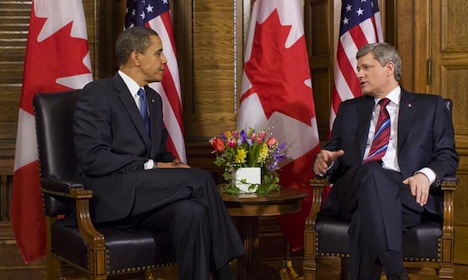
It’s tempting to believe that Canada’s relatively more statist and socially and economically liberal population would give the US Democratic Party an almost immediate lock on elections for the foreseeable future (and Francis hints as much), but that’s not necessarily the case. It’s Canada that has a three-term Conservative prime minister in Stephen Harper and the United States that has a two-term Democratic president in Barack Obama (pictured above with Harper). As John Ibbiston and Darrell Bricker argue in their own big-think volume from last year, The Big Shift: The Seismic Change In Canadian Politics, Business, And Culture And What It Means For Our Future, there’s a growing majoritarian coalition of immigrants, Westerners and Ontario suburbanites that could make Harper’s Tories the natural party of government in Canada in the 21st century — just as much as the Liberal Party of Wilfrid Laurier, William Lyon Mackenzie King, Pierre Trudeau and Jean Chrétien dominated the 20th.
It’s hard to imagine that Québec premier Pauline Marois and Texas governor Rick Perry would have much in common. Still, there are common trends in the politics of the left and right on both sides of the border, and Toronto mayor Rob Ford proves that Canada has as many colorful characters in politics as the United States.
On the right, the rise of the ‘tea party’ movement on the US political right matches the rise of a new fiscal and social conservatism captured by the rise of Alberta’s new Wildrose Party (as an alternative to the long-dominant Progressive Conservative Party). Harper’s own rise, and the merger of the western-based Canadian Alliance with the dwindling eastern-based Progressive Conservatives, is the story of the rise of a more anti-government, pro-Christian, social and economic conservatism in Canada. That mirrors the rightward shift of US conservatism under the influence of Barry Goldwater, Ronald Reagan and others.
On the left, the late Jack Layton led the New Democratic Party to a historic breakthrough in the 2011 federal election in a way that mirrors the new progressive coalition of minorities, moderates and young voters that powered Obama in 2008 — first to win the Democratic Party nomination over Hillary Clinton, then to win the presidency. The difference between the pragmatic, business-friendly Liberals and the social democratic NDP in Canada is the difference between, say, US senator Chuck Schumer of New York and US senator Patrick Leahy of Vermont.
Nonetheless, with all due respect to Paul Cellucci, the former US ambassador to Canada, the difference between Québec and Alberta is not the same as the difference between Massachusetts and Mississippi (despite the heritage of French Americans from Maine to Louisiana). The cultural gulf between the United States and Canada is the gulf between revolution and evolution, fixed in place by 200 years of path dependence.
If I were Canadian, I would worry that the best aspects of Canadian culture and politics would be totally subsumed by US culture and politics — it was Trudeau, after all, who said that having the United States for a neighbor was like being a mouse sleeping next to an elephant. For all the valid criticisms of the US military-industrial complex, it’s hard to believe that the Canadian influence would slow the militarism of US policy (though, frankly, deploying US troops to patrol the Arctic north or to fortify and develop new northern settlements seems a more productive endeavor than invading Iraq).
As the United States has increasingly retreated behind a wall of homeland security in the wake of the 9/11 terrorist attacks, Canada has increasingly opened its borders to immigrants. One out of every two residents of Toronto, Canada’s largest city, is foreign-born, and nearly seven million of Canada’s 35 million people are foreign-born. In the 21st century, Canada is becoming the melting-pot society that the United States once was in the 20th century. That would be endangered if Canada became merely the northern-most region within a greater North American superstate.
Francis also betrays a protectionist edge that view Chinese, Russian and Arab malevolence at every turn. If I were Canadian, I’d be happy to know that China, Russia and other countries are willing to compete with US and Canadian investors to most efficiently develop the resources of Canada’s far north. It seems to me that the kind of knee-jerk nationalism that led to the 2006 Dubai Ports World kerfuffle in the United States is something that’s more dangerous to democratic and economic institutions in North America than an investment here or there by China.
But when you get to the heart of Francis’s argument about the reasons for and benefits from a US-Canadian merger, it’s as thoughtful, radical and brilliant as you’ll find in any of the top books published last year.
Even the most outlandish ideas should win points for creative thinking. A payout of $492,529 to each Canadian citizen at a total cost of around $17 trillion to the US treasury? A bifurcated health care system that would include greater rights and freedoms for Canadians? The concept that the US deep south, which chose segregation over industrialization and economic modernization for nearly a century, would sign up to a merger because it might mean more Canadians would migrate to the Sun Belt? That Quebeckers would willingly give up what amounts to a veto on national policymaking for irrelevance in a super-country whose First Amendment freedoms would make most of the province’s language regulations unconstitutional on Day One? That the staid Bay Street approach to banking regulation would easily graft itself onto the creatively destructive mentality of Wall Street? None of these are politically feasible.
How to capture the benefits of greater cooperation
The good news is that the United States and Canada don’t actually have to become one nation-state in order to effect a lot of the benefits that Francis outlines, which is where her book really shines. That’s especially true in a globalized world where national borders are conceivably less important than at any time in the post-Westphalia era. A handful of efforts could bring much of Francis’s dream to reality without a supranational acquis communautaire or admitting Canada’s provinces and territories as the next 13 American states:
Continue reading Could the United States and Canada effect a national merger? →
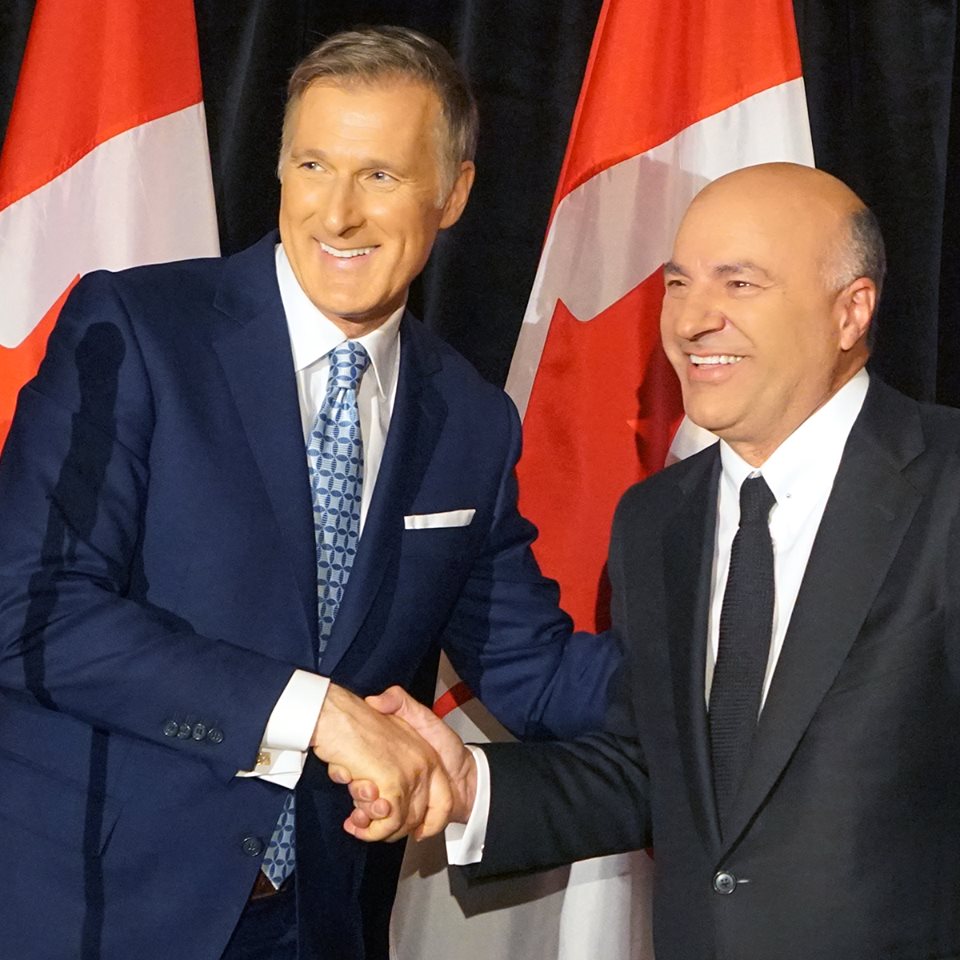
![]()
